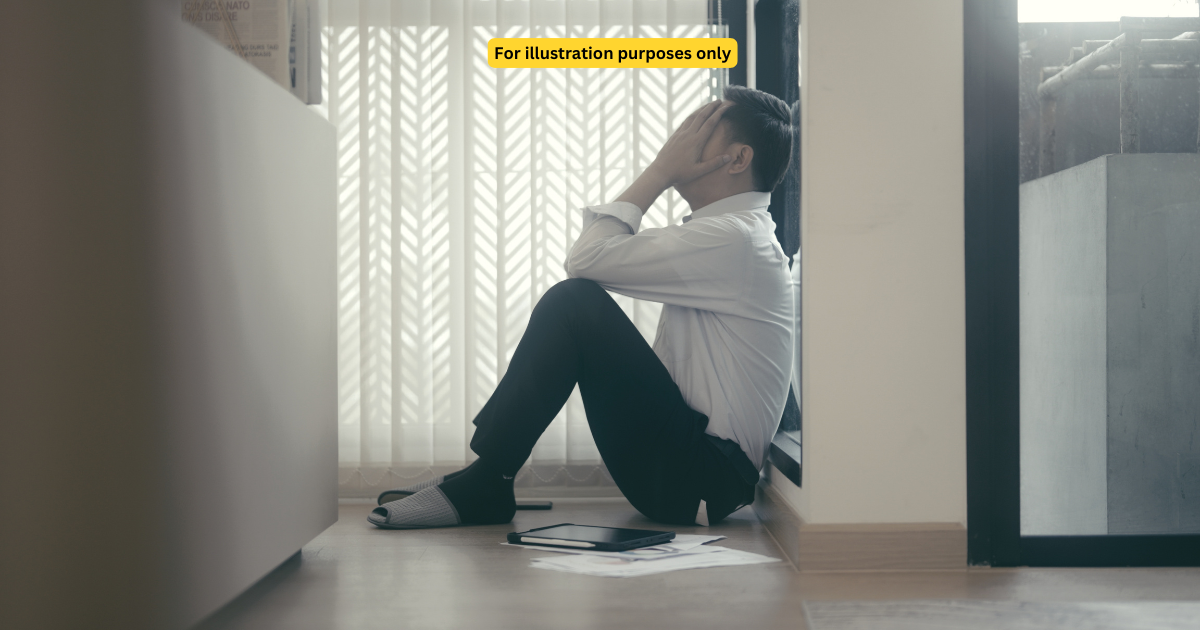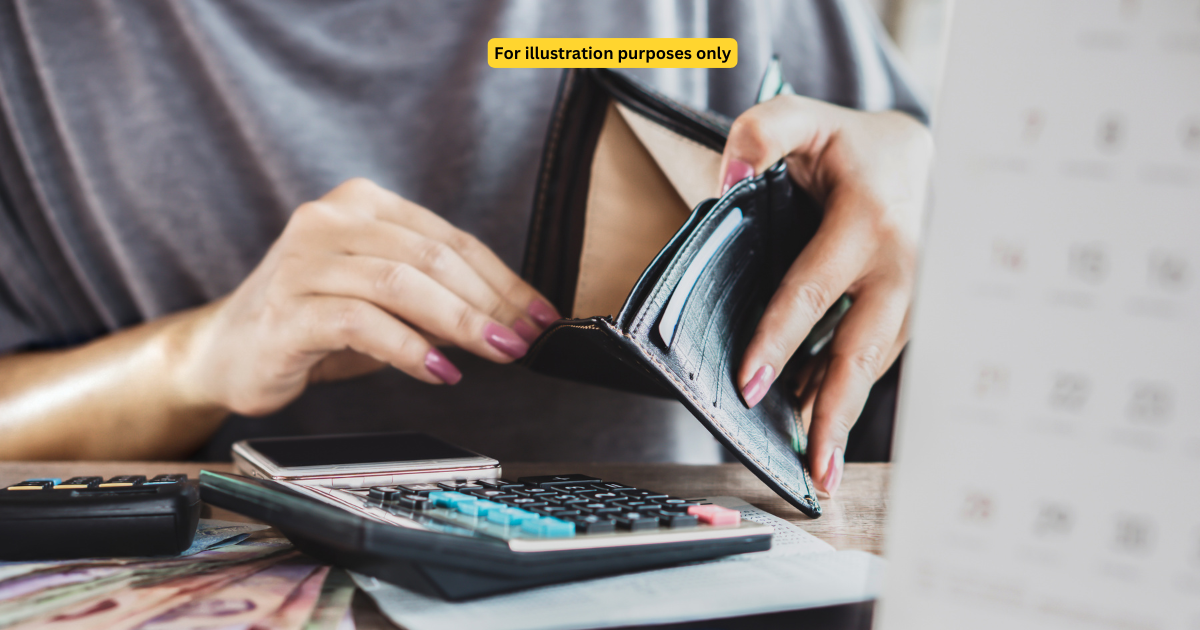When you’re deep in debt, the thought of declaring bankruptcy might cross your mind. Some people see it as a way to start over, thinking that once it’s done, everything resets and the pressure disappears.
But the reality is very different.
A Malaysian lawyer recently shared on TikTok (@pakciklego) that many people misunderstand what bankruptcy really involves.
If you’re seriously thinking about taking that path, here’s what you should know before making a decision, because it comes with long-term consequences most people don’t expect.
Bankruptcy doesn’t cancel your debts
One of the biggest misconceptions is that bankruptcy wipes out all your debts. In truth, it doesn’t.
Instead, once the court declares you bankrupt, the Malaysian Department of Insolvency (MDI) takes over control of your financial matters.
This means that all your assets in Malaysia including your savings, house, land, and vehicles will fall under MDI’s management. These can be used to pay off your outstanding debts.
And that’s just the beginning.
Here’s what really happens when you’re declared bankrupt

Once you’re officially declared bankrupt, your financial freedom changes almost overnight. Here’s what that could look like:
1. You lose control of your assets
Assets that aren’t tied to bank loans, like fully paid houses, cars, land, and even savings can be seized by MDI and sold to repay your debts.
2. Your bank accounts could be frozen
All active bank accounts may be frozen, and the money transferred to a monitored account. You’ll only be able to access your funds with permission.
3. You can’t be a company director or run a business
You won’t be allowed to hold directorial positions, register a business under your name, or be involved in formal business management.
4. You need permission to travel overseas
Travel is restricted. Even for personal holidays or work assignments, you must get written approval from MDI to leave the country.
5. It can affect your career
Many employers, especially in government or finance sectors, require a clean financial background. Bankruptcy could limit your chances of getting or keeping jobs in these fields.
6. Your property may be auctioned off
Assets still under your name that aren’t tied to loans may be sold or auctioned off. The money will go toward clearing your debts.
So… is bankruptcy a way out or a trap?
This is where the hard truth sets in.
Bankruptcy is not a shortcut. It is a legal process meant for people who have exhausted all other options.
But it comes at a cost. You lose control over your money and your freedom. Everything from travel to job prospects becomes more complicated.
That’s why it should never be your first move. There are other options to consider before going down this path.
What should you do instead? try these first

Before you consider filing for bankruptcy, take a look at these alternatives that could help you manage your debt without giving up your financial independence:
1. Talk to a financial advisor
A licensed expert can help you understand your situation clearly and suggest practical solutions tailored to your income and debt level.
2. Negotiate with your bank
Banks often offer debt restructuring plans. You might be able to reduce monthly repayments, extend loan tenures, or even get temporary relief.
3. Consolidate your debts
Debt consolidation combines multiple loans into one with a lower interest rate. This makes repayment easier and more predictable.
4. Explore AKPK’s debt management programme
The Credit Counselling and Debt Management Agency (AKPK) provides free financial counselling and structured repayment support. They also negotiate with lenders on your behalf.
5. Reassess your spending
Cutting non-essential expenses and adjusting your lifestyle can free up more money for repayments. It may not be easy, but it can be effective.
Watch the full clip here:



